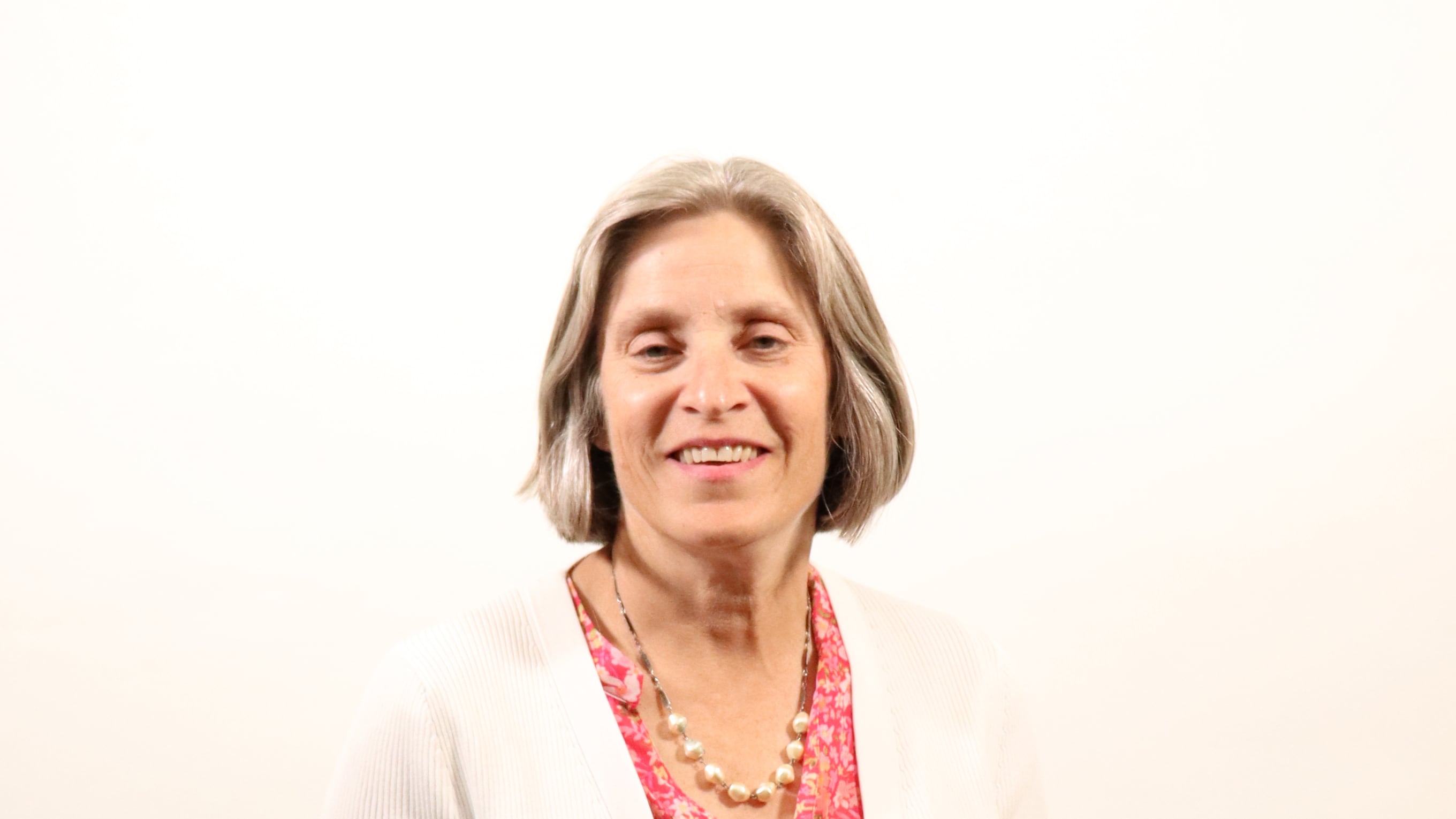One of the bonuses—and drawbacks—of a citizen Legislature made up of part-timers is that the lawmakers bring real-world expertise, but also their own financial interests, to Salem.
Senate Bill 28 would require private insurers to pay independent primary care providers, such as pediatricians and internists, the highest rate their counterparts who work for hospitals receive—a substantial, although as yet unquantified, bump.
WHO BENEFITS?
The bill’s chief sponsor, state Sen. Lisa Reynolds (D-Oak Hills), is a pediatrician and part owner of The Children’s Clinic in Southwest Portland. She estimates she and somewhere in the neighborhood of 1,500 other independent primary care providers in Oregon would get 20% to 30% more for routine office visits from patients with private insurance.
WHO ELSE BENEFITS?
After introducing her bill at an April 3 hearing, Reynolds amended it for an April 8 work session. That amendment removed a large segment of potential payers from the bill: members of the Oregon Educators Benefit Board and the Public Employees’ Benefit Board. Those two groups include about 300,000 people but because of the April 8 amendment, they would not be subject to higher premiums.
WHAT’S THE PROBLEM?
Oregon’s government ethics law prohibits every public official “from using or attempting to use the position held as a public official to obtain a financial benefit.” As a pediatrician and part owner of her practice, Reynolds would benefit directly from SB 28.
At an April 8 hearing, she said: “I’m trying to save my practice and other independent practices, which we know are cost-effective ways to provide primary care.” In a subsequent interview, she said she might have been “hyperbolic,” but added that “if [SB 28] passes, it will be enormously helpful to my partners.”
Reynolds said she neither sought guidance from the Oregon Government Ethics Commission (which offers advice to public officials) before introducing the bill nor disclosed a potential conflict of interest after introducing it. (When faced with a real or potential conflict, Senate rules call for members to disclose, then vote anyway.) Reynolds said she’s willing to do both—seek OGEC advice and declare a potential conflict.
As for exempting OEBB and PEBB, Reynolds says she chose expedience. Including them would have meant a multimillion-dollar expenditure from the state budget, adding time and difficulty to passage as well as possible opposition from the public employee unions. “I don’t have the appetite to ask the state to do this,” Reynolds says.
WHO CARES?
As Oregon Public Broadcasting has reported, SB 28 has received little public scrutiny or debate as it emerged relatively late in the session. Three health insurers—Moda, Regence Blue Cross, and PacificSource—testified against the amended bill, noting that people with commercial insurance (except for public employees) would pay more. They also questioned whether hospital prices are the right benchmark.
“We have significant concerns with paying [independent providers] based on hospital prices, which are often inflated and well above market rates for other providers.”
Sen. Cedric Hayden (R-Roseburg), a dentist well versed in insurance reimbursement who serves with Reynolds on the Senate Health Care Committee, told the Oregon Journalism Project he was surprised Reynolds introduced a bill that would benefit her personally. “I thought the optics were pretty bold,” he says.
Hayden adds that he’s sympathetic to the plight of independent providers, but notes hospitals must serve all comers, including those on Medicaid or who have no insurance. Independent providers can reject such patients, leading to what Hayden calls “cherry picking.” He voted against the bill, which nonetheless advanced to the Joint Committee on Ways and Means.
Reynolds says Hayden’s point about cherry picking is valid. “I’d love to add a requirement that to qualify, practitioners have to take at least 10% Medicaid patients,” she says.
This story was produced by the Oregon Journalism Project, a nonprofit newsroom covering the state.

